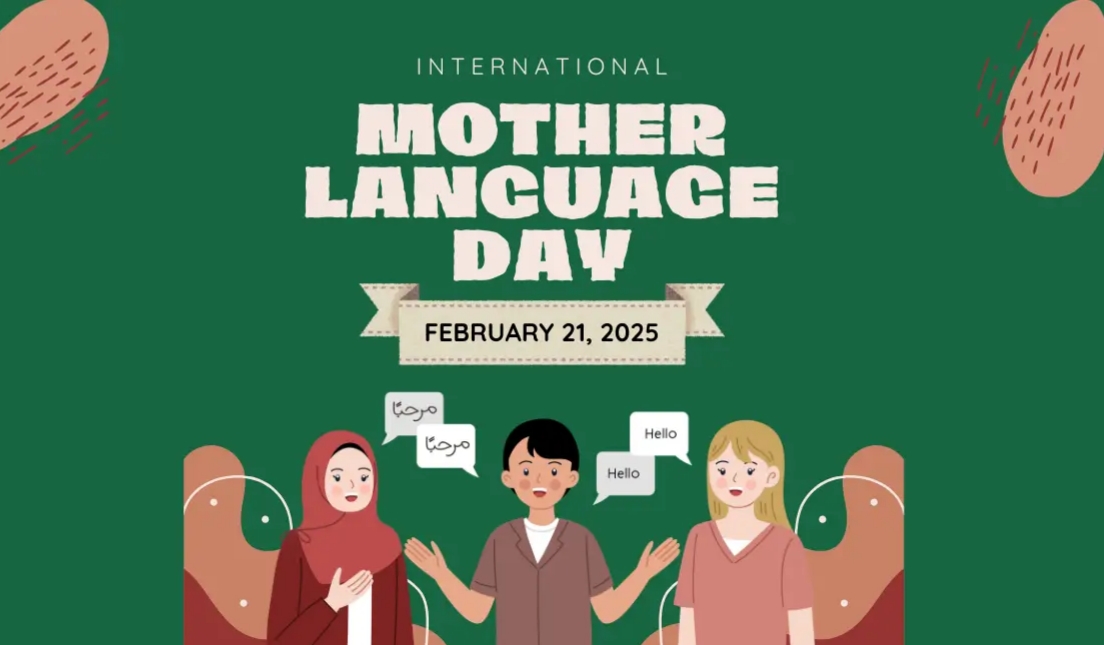✍| by Faeze Aghamohammady:
Every year on February 21st, International Mother Language Day is celebrated, a day dedicated to promoting linguistic and cultural diversity and recognizing the importance of preserving endangered languages. This day serves as an opportunity to raise global awareness of the significance of mother languages and their role in individual and social identity.
The mother language is the first language a person learns and uses to communicate from early childhood. It is not only a means of communication but also a tool for transmitting values, culture, traditions, and the history of a community. Therefore, preserving the mother tongue is essential for maintaining cultural and social identity.
One of the key pillars in preserving the mother tongue is mothers. As the first teachers of children, mothers play an irreplaceable role in passing the mother language on to future generations. Through daily conversations, storytelling, songs, and proverbs, mothers transfer their language and culture to their children. This process not only helps preserve the mother tongue but also strengthens the emotional and cultural bond between generations.
However, in today’s world, where globalization and diverse cultures are expanding, mother languages are at risk of extinction and neglect. Social changes, migration, and the dominance of global languages such as English have led many children to learn their mother tongue less, gradually pushing these languages into oblivion.
In this context, the role of mothers becomes even more prominent. Mothers who are aware of the importance of preserving their mother tongue in their families help prevent it from being forgotten and ensure that future generations have the opportunity to develop culturally and identically. These mothers must educate themselves appropriately, support social and cultural initiatives, and encourage their children to speak their mother language in order to safeguard it from extinction.
Ultimately, International Mother Language Day serves as a reminder of the importance of these languages. It reminds us that languages are not only tools for communication but also instruments for preserving history, identity, and culture. The role of mothers in this process is fundamental and vital, and it should never be overlooked.


